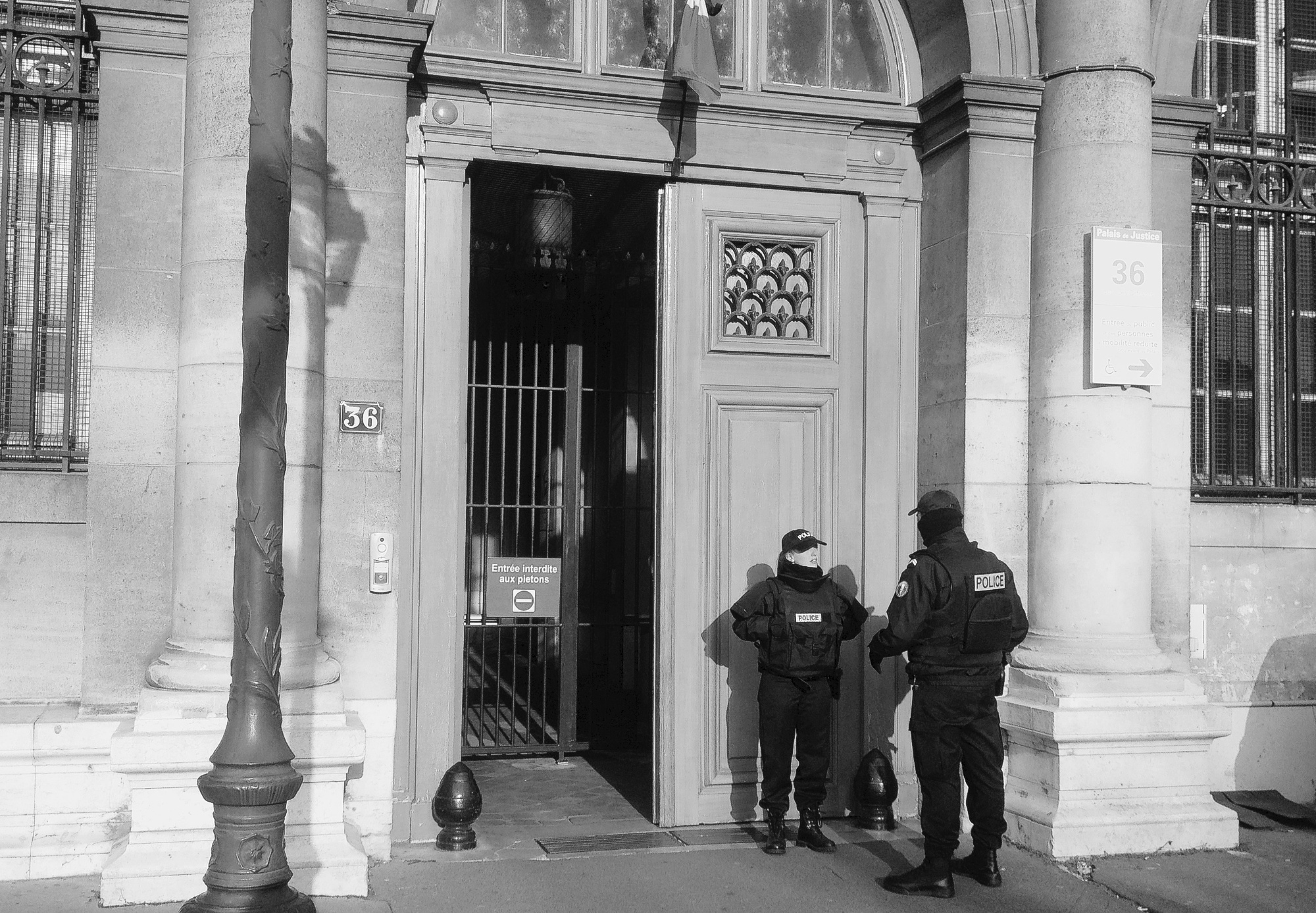
Two French policemen went on trial Monday on charges of gang-raping a Canadian tourist at Paris police headquarters nearly five years ago.
The officers, both members of the BRI anti-gang force at the time, are accused of raping the woman at 36 Quai des Orfevres, a famous address depicted in many crime movies and novels. They deny any wrongdoing and claim the alleged victim consented to sexual interactions during a booze-fueled evening.
Their trial is expected to last three weeks.
The woman, Emily Spanton, attended the trial’s first day at a Paris courthouse located only a stone’s throw from the police headquarters. She said she met a group of officers across the street near the Seine River in an Irish pub in April 2014. After several drinks, they invited her for a night tour of police headquarters, where she claimed she was forced to drink whisky, perform oral sex and was raped several times. She left the building about 90 minutes later, barefoot and without her tights.
According to court documents, the men’s DNA was found on the woman’s underwear. Court president Stephane Duchemin said a medical exam performed after she filed a lawsuit showed she had bruises on several parts of her body and a gynecological lesion. Experts also determined she was drunk and that she had “between 2.6 and 3.3 grams of alcohol per liter of blood in her body” when the alleged rapes took place.
The Associated Press does not usually identify alleged victims of sexual violence unless they have come forward and voluntarily identified themselves, as Spanton did. Spanton first said that she had been raped by four officers before revising her testimony to cite three police. Only two policemen have been brought to court. Judges initially threw out the case but the Paris prosecutor and the alleged victim won their appeal to have it brought to a trial.
The officers, who have not been jailed, face up to 20 years in prison. One of the officers admitted he received oral sex but claims he did not force the Canadian woman. The other initially denied any sexual relationship then admitted to some mutual touching.q
By SAMUEL PETREQUIN
Associated Press



















